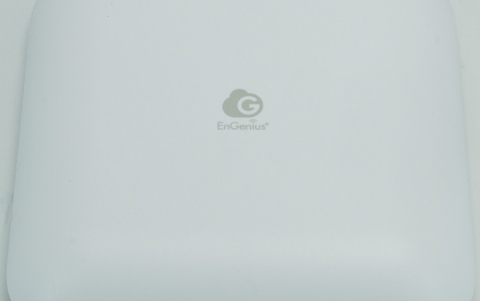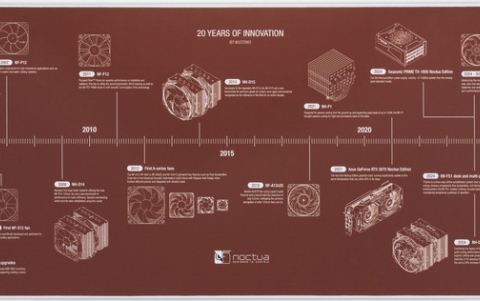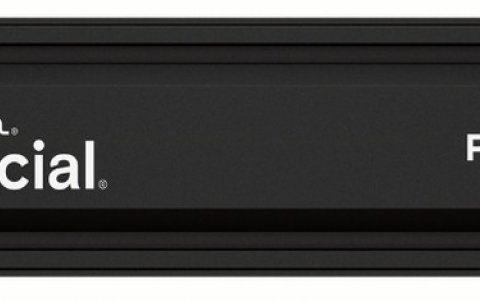Electronic MAIL: The intelligent political weapon
1. Page 1
It was a relatively harmless bill aiming at those who laundered illegally possessed money in the United States. The American government obliged all banks to observe their clients’ accounts and to report all the shady ones to the Federal Bank. What was proclaimed as the target of the above bill was a direct hit against what big drag dealers were really vulnerable: their finances.
The bill was about to reach the Congress, but its driving spirits reckoned without their host. America’s neo-liberals utilized Email in a most effective way and the bulk of expostulatory letters received, drove the Federal Bank into standing back. From the 257,000 letters received (an unprecedented number ever since correspondence between the bank and the public was initiated) only 50 were in favor of the bill. 205,000 of these letters had reached the bank via electronic MAIL.
The head of the federal department whose task was the accounts surveillance, Donna Tanoue, admits that their decision to withdraw the bill was a direct result from these letters. “It was the bulk and the nature of the remarks we received that made us withdraw the bill”, she stated in the New York Times. “Whenever consumers get activated to such an extend about an issue having to do with banks’ internal affairs we have to pay the attention due to the matter in question. Surely this development will not constitute one of the glorious pages in the history of our department.”
The withdrawal of this bill was, historically speaking, the first intervention on behalf of the public in governmental issues, an intervention that was carried through electronic means. Traditionally, activists of all kinds used to encourage citizens to fax or post their dissent to exert their influence on those who practiced politics. Even on issues linked with the cyberspace (like the “net decency amendment” which in reality was a practice of censorship in the Internet) the traditional ways of expressing one’s resentment had the upper hand. The rationale lying behind this kind of preference was that electronic MAIL weighed less politically, compared to a written (even printed on a computer) letter. What happened with the bill, whose title was “Get acquainted with your clients”, has changed things.













